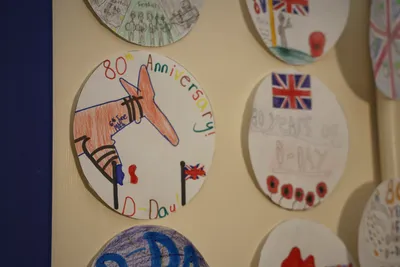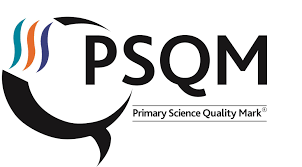History

Our Whole School History Overview
Intent
Drighlington is a village steeped in history and our community values it’s rich past. Our history curriculum equips children with detailed knowledge of local and world history and an understanding of how history shapes future events. Children develop their chronological understanding through carefully sequenced units of work which give them opportunities to explore similarities and differences between different time periods. We encourage children to think critically, using of a range historical sources to pose and answer questions about the past. Children study key aspects of world history which help them to gain a sense of their own identity while developing their understanding of the contributions made by the diverse cultures of the wider world.
“The more you know about the past, the better prepared you are for the future” (Theodore Roosevelt, American President).

Implementation
Children are given the opportunity to develop an awareness of the past through first-hand experience, visits to places of historical interest, role-play, fictional stories set in the past and the study of periods in history. Children are taught to have an understanding of chronology and to demonstrate factual knowledge of historic events, places and people. Good use is made of historical sources. In this way we also hope to provide an understanding of our cultural roots and national heritage.
Our history curriculum focuses on 4 key concepts: Monarchy and Governance, Empire and Power, Conflict, Invasion and Migration and Civilisation and Trade. Our history curriculum is carefully sequenced to build on prior knowledge to deepen historical understanding. We encourage children to think like ‘historians' and make links to future careers that involve history.
Topics taught include learning about a range of famous people in the past who have contributed to national and international achievements. These are chosen carefully to ensure pupils learn about individuals of both genders and from diverse backgrounds. Other topics consist of changes within living memory and events beyond living memory that are significant nationally or globally including the Great Fire of London.
The National Curriculum for History outlines that pupils should continue to develop chronologically secure knowledge and understanding of British, local and world history, establishing clear narratives within and across the periods they study. We study a range of periodic times in history. Children endeavour to note connections, contrasts and trends over time and develop the appropriate use of historical terms.
History is taught within each year group following a set programme. Medium term plans ensure coverage of both the required knowledge and the subject specific skills. Vocabulary documents are provided which ensures consistency in the teaching of historical vocabulary. Individual sessions are planned to inspire, engage and challenge pupils in response to their needs.

6th June 2024 - 80th Anniversary of D-day: Drighlington Primary School were proud to remember and honour those who fought so bravely and sacrificed so much for freedom. We held a special D-day themed day to mark the 80th anniversary and many of our children entered a competition to design a plaque for the cenotaph in Drighlington.
Impact
Children have a wide variety of experiences both in the classroom and out. School visits and visitors into school enable the children to gain first hand experiences to support their learning. Children begin to think like historians and develop their skills including historical enquiry. There is a strong emphasis on developing children’s other skills such as understanding of chronology, interpretations of evidence, changes within a time and across time periods and cause and consequence. The history units taught help children appreciate their own identity and the challenges in their time and help them understand the process of change over time and significant developments.
How you can help your child at home
Partnerships with parents and carers is an important part of Drighlington Primary School. Working closely with parents enables us to ensure parents feel confident that their child is safe, well looked and is receiving a high quality education during their school hours. The links below offer a range of resources that may also be useful to families.
- Travel to historical places.
- Work on creative history projects together.
- Watch historical films and documentaries together.
- Teach your child about important historical figures.
- Encourage learning life lessons from history.
Places to visit
Oakwell Hall (free of charge) https://www.kirklees.gov.uk/beta/museums-and-galleries/oakwell-hall.aspx
Bolhttps://www.historyforkids.net/ling Hall https://bradfordmuseums.org/bolling-hall-museum-library
Cartwright Hall https://bradfordmuseums.org/cartwright-hall-art-gallery/
Bradford Industrial Museum https://bradfordmuseums.org/bradford-industrial-museum/
Further support and useful weblinks
Early Years Development Matters
https://www.gov.uk/government/collections/national-curriculum

